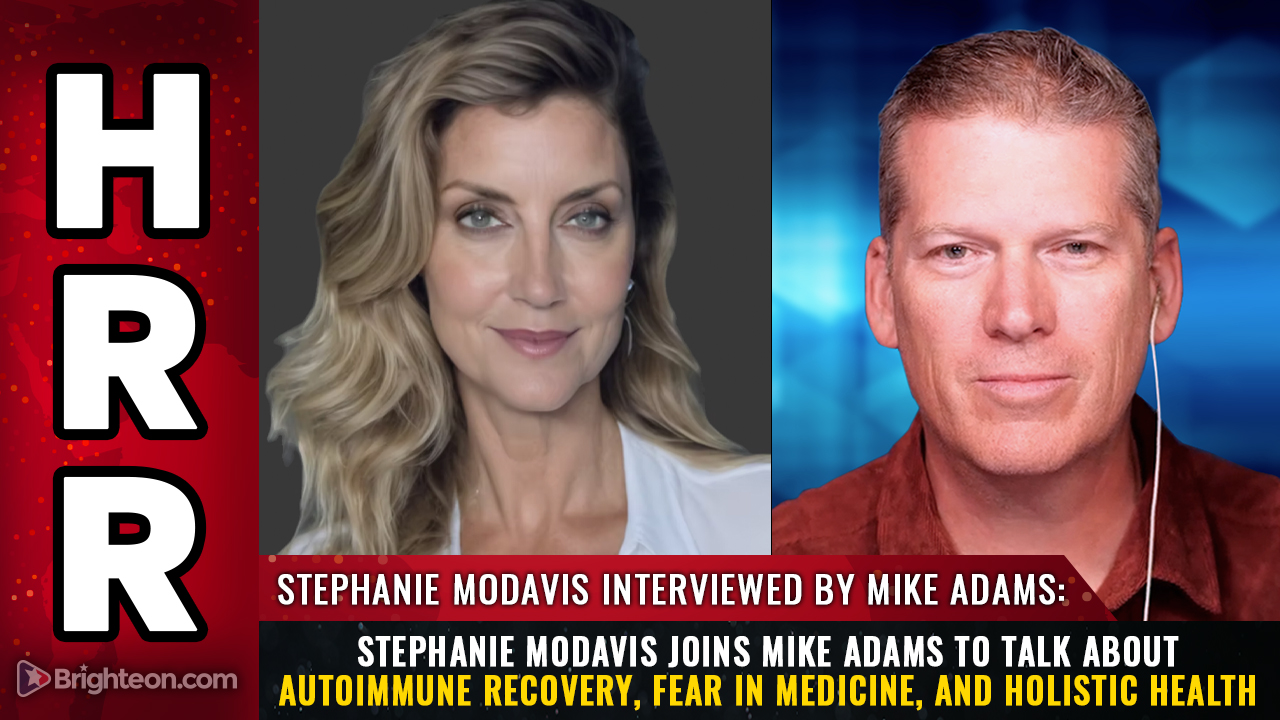 Parler
Parler Gab
Gab
- Danish research reveals antidepressants dramatically increase the risk of sudden cardiac death, with young adults facing up to five times the normal risk.
- Long-term antidepressant use (6+ years) more than doubles SCD risk, while adults aged 30 to 39 are most vulnerable, even without prior heart conditions.
- The study analyzed 4.3 million people, confirming antidepressants disrupt heart rhythms and may trigger fatal arrhythmias, independent of depression’s own cardiac risks.
- Experts warn that pharmaceutical interventions trade one crisis for another, while natural alternatives like exercise, nutrition, and therapy remain underutilized.
- Despite clear dangers, regulators and drug companies continue pushing antidepressants as "safe," leaving millions at risk of silent, preventable heart failure.
The shocking data
The Danish team examined every death in the country in 2010, identifying 6,002 cases of SCD, a fatal heart event occurring within an hour of symptoms. Their analysis revealed a direct correlation between antidepressant use and cardiac risk:- 1–5 years of use: 56% higher SCD risk
- 6+ years of use: More than double the risk
- Ages 30–39: Triple the risk with short-term use; fivefold risk with long-term use
How antidepressants attack the heart
Although the mechanisms aren’t fully understood, researchers pinpoint several likely culprits. One is electrical disruption; antidepressants interfere with heart rhythms, potentially triggering lethal arrhythmias. Metabolic damage could be another factor, as common side effects of these drugs, such as weight gain, diabetes, and inflammation, strain cardiovascular health. In addition, some drugs delay heart muscle contractions, raising arrhythmia risk.Effective natural alternatives that don't compromise heart health
The medical-industrial complex profits from keeping patients dependent on pills, but safer, effective options exist. For some people, regular physical activity is as effective as antidepressants as it boosts endorphins, reduces inflammation, and even regenerates brain cells. It is also important to note that deficiencies in omega-3s, B vitamins, and magnesium worsen depression. A whole-food diet can correct imbalances. Cognitive behavioral therapy (CBT) shows long-term success without side effects, while Vitamin D and circadian rhythm regulation are critical for mental health. With 8.7 million Britons and 1 in 8 Americans on antidepressants, this study demands urgent scrutiny. Yet regulators and pharmaceutical giants have every incentive to ignore it. The tragic irony? The very drugs marketed to "save" lives may be cutting them short, especially among the young. Patients deserve full transparency about these risks and access to non-pharmaceutical solutions that heal rather than harm. Until then, the antidepressant crisis will continue claiming lives, one silent cardiac arrest at a time Sources for this article include: NaturalHealth365.com DailyMail.co.uk MedicalNewsToday.com MedicalNewsToday.com Health.Harvard.eduAutoimmune survivor exposes flaws in western medicine: ‘Fear Is the System’s Control Tool’
By Finn Heartley // Share
Your oat milk has a secret ingredient – Lab tests confirm what’s really inside
By Finn Heartley // Share
UN warns 95% of Gaza’s farmland destroyed as Israel’s siege triggers famine crisis
By Cassie B. // Share
Governments continue to obscure COVID-19 vaccine data amid rising concerns over excess deaths
By patricklewis // Share
Tech giant Microsoft backs EXTINCTION with its support of carbon capture programs
By ramontomeydw // Share
Germany to resume arms exports to Israel despite repeated ceasefire violations
By isabelle // Share










